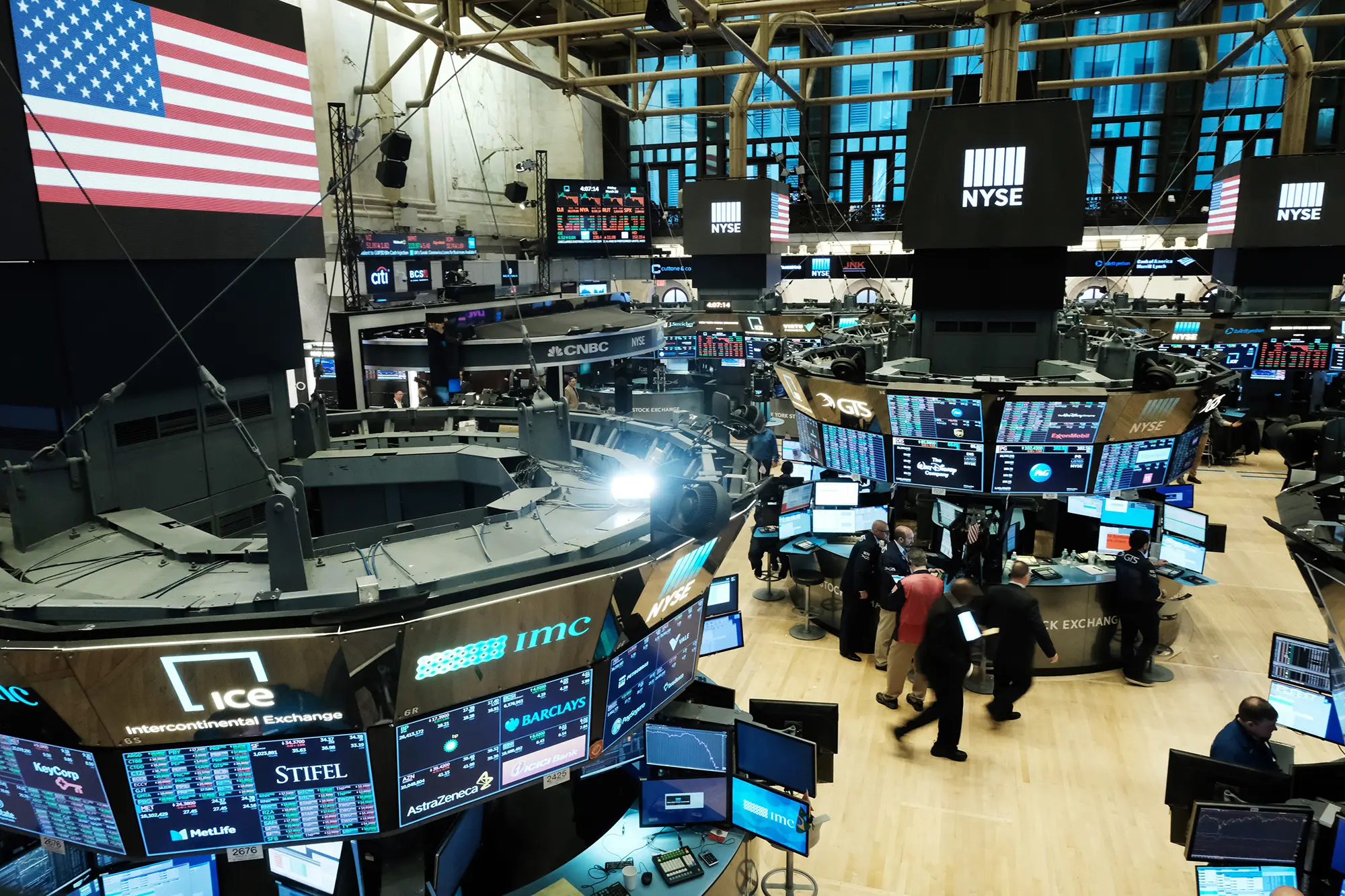In financial circles, the adage “being early is being wrong” often holds true.
Over the past two years, as pessimistic economists and market analysts sounded recession alarms, it seemed they might have erred on the side of caution.
As early as April 2022, bearish forecasters began warning of a looming recession and an accompanying stock market downturn. For instance, in an October 2022 Reuters poll, 65% of surveyed economists predicted a recession within the following 12 months. The outlook appeared grim, and a downturn seemed imminent.
The good news
Fast-forward to the present, and the US economy continues to bask in the sun.
Unemployment remains below 4%, inflation is on the decline, consumer spending persists, and the S&P 500, after a robust start to the year, cooled off but still displayed significant gains. Additionally, economists surveyed by the Philadelphia Fed predict a 1.6% growth in GDP for the third quarter—hardly indicators of an impending recession.
Optimistic economists, embracing the opportunity to say “I told you so,” now believe that the economy is poised for a soft landing—a scenario where inflation decreases without the need for a recessionary shock to the system. Major financial institutions like Bank of America and JPMorgan have revised their forecasts, suggesting that a recession in 2023 is unlikely, if not altogether avoidable.
However, skeptics warn against prematurely declaring victory. Top Wall Street strategists and economists emphasize that there is substantial evidence pointing toward an impending recession, despite current economic stability.
Michael Kantrowitz, Chief Investment Strategist at Piper Sandler, cautioned, “To say today that we’re going to have a soft landing is so premature. History tells you that you really can’t make that assessment.”
The Role of Interest Rates
The focal point of economic pivoting lies in the Federal Reserve’s interest rate policies. Higher interest rates, affecting mortgages, auto loans, credit cards, and other loans, can limit consumers’ purchasing power and hamper businesses’ borrowing capabilities. In theory, these elevated interest rates can lead to reduced demand and inflation control, as companies lower prices to attract cautious consumers. Conversely, lower interest rates can stimulate economic activity by making borrowing more affordable.



 News3 days ago
News3 days ago


 News5 days ago
News5 days ago


 Leaders3 days ago
Leaders3 days ago


 News3 days ago
News3 days ago


 Shows3 days ago
Shows3 days ago


 Docos5 days ago
Docos5 days ago


 Leaders4 days ago
Leaders4 days ago


 Leaders4 days ago
Leaders4 days ago





